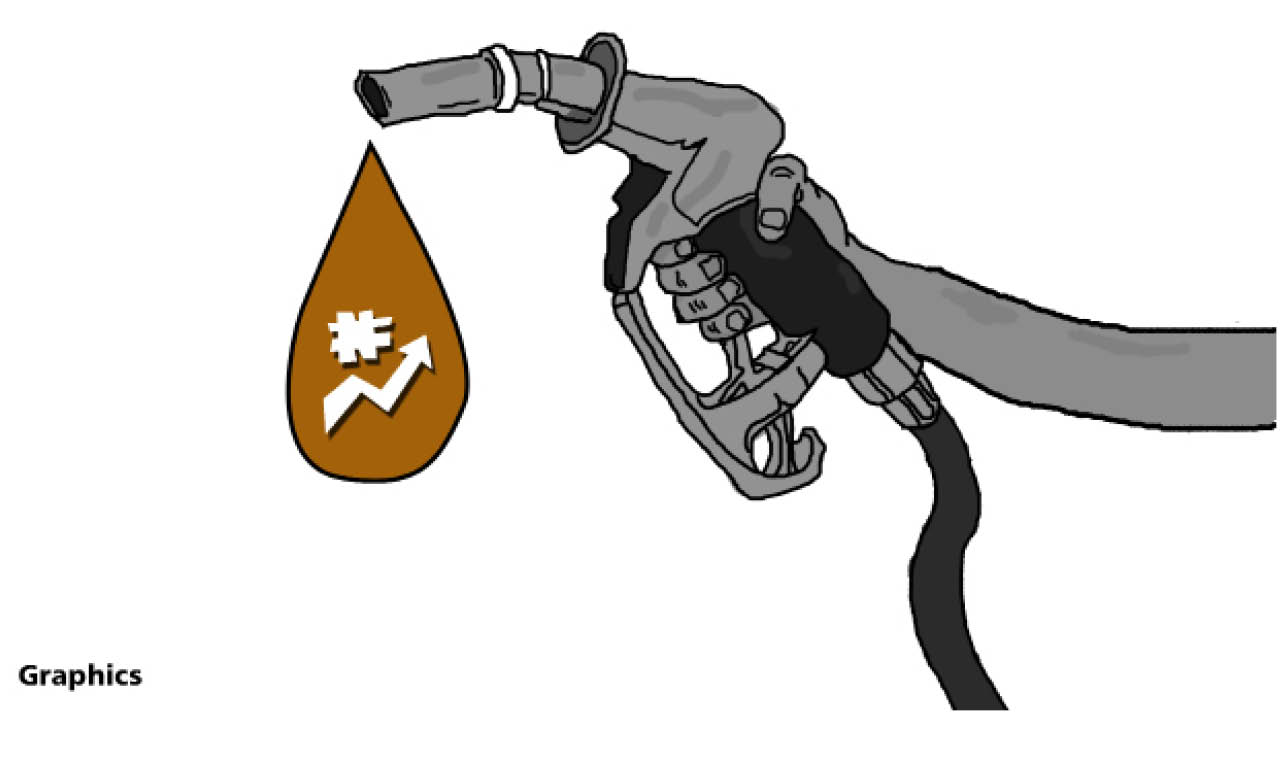It is no longer news that the price of Premium Motor Spirit (PMS), popularly known as petrol, has again gone through the roof, with the product selling at almost N1,000 per litre.
Checks by Daily Trust show that in the first year of the current administration of President Bola Ahmed Tinubu, the price of petrol has been increased from N187 per litre to N1,000 following the disclosure by the government that it can no longer bear the brunt of fuel subsidy payments.
Daily Trust analyses five key ways in which the recent increase will affect the real estate business and the sector in general.
Increase in cost of building materials
The increase in the price of fuel has significant effect on the cost of construction materials, which are mostly imported into the country as the cost of transporting them from one end to the other will eventually increase.
- Deaths by air pollution more than those of malaria, HIV combined — Minister
- NIGERIA DAILY: How Hike In Fuel Price Forces Nigerians To Resign From Their Jobs
Consequently, as transportation costs for construction materials rise, overall construction expenses will follow suit, thereby negatively impacting property development, which will either transfer additional costs to buyers or experience reduced profit margins.
Decreased investor confidence
The increase in price of petroleum products most times leads to slow economic activities in the real estate sector as developers often undertake the impact of such increase on their business. Such economic uncertainties create a climate of investor caution, affecting the real estate market.
Investors may hesitate to inject capital into the market, thereby reducing overall investment and limiting the growth potential of the sector.
Shifting demand patterns
Fuel subsidy reforms often cause shifts in demand patterns within the real estate market. As transportation costs rise due to increased fuel prices, many Nigerians may opt for properties and rent residential homes closer to urban centres or residential locations close to their workplaces.
Impact on rental costs
The impact of fuel price increases on rents has been a topical issue for a while now. As transportation expenses increase due to higher fuel prices, landlords and property owners may pass on these costs to tenants through higher rent charges. This can further burden individuals and businesses seeking affordable rental options, potentially affecting occupancy rates and overall demand for rental properties.
Speaking with the Daily Trust, the Vice President, North Central of REDAN, Osilama E. Osimala, an estate surveyor, noted that the “Cost of building materials has increased because we import most of the items we use.
“Therefore with high exchange rates and the latest increase in petrol prices, developers will definitely have to consider all those factors because what you bought at a certain amount last week must have increased as we speak, therefore the prices of houses have to increase as well.”
He added that there is a need for the government to call REDAN and other stakeholders to the table to proffer solutions to the challenges, which could be either a construction bank or special palliative to boost the efficiency of the sector

 Join Daily Trust WhatsApp Community For Quick Access To News and Happenings Around You.
Join Daily Trust WhatsApp Community For Quick Access To News and Happenings Around You.


